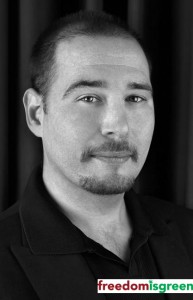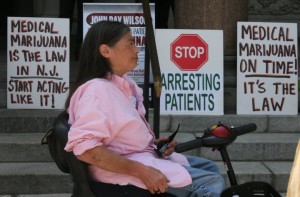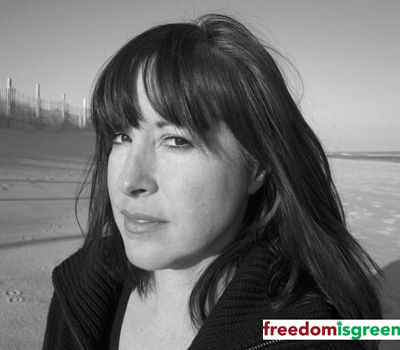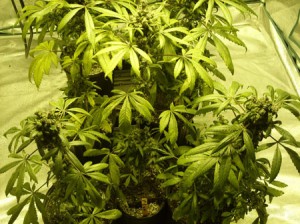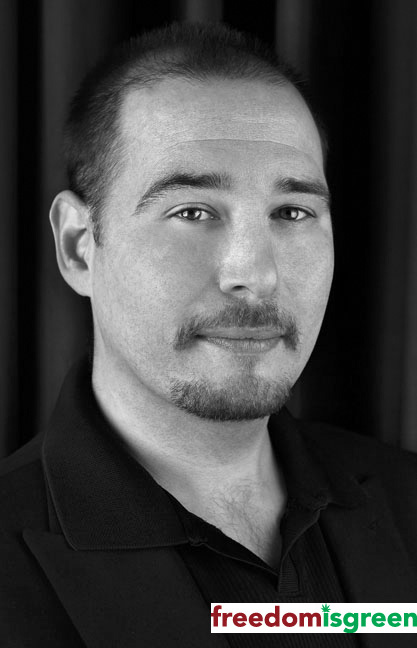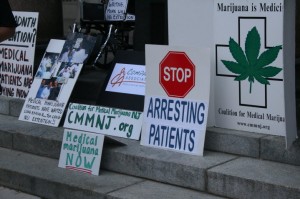6/13/11 by Chris Goldstein – A check with the NJ Department of Health and Human Services (DHSS) today revealed that ninety (90) physicians are currently registered in a unique program for medical marijuana. New Jersey is the first in the country to require that doctors complete special requirements and register with the state to recommend cannabis.
The scheme is following a set of regulations proposed by Governor Chris Christie’s administration. After eighteen months of steady delays, the rules have not been officially finalized. The NJ Legislature took the rare move to pass a resolution stating that the regulations are working against the intent of the compassionate use law.
Physicians around the state loudly criticized the registry that requires training in addictive medicines. The former DHSS Commissioner Dr. Poonam Alaigh testified before the NJ Senate Health Committee in March that there were no similar requirements for other drugs. This may explain why only 90 doctors out of more than 30, 000 who practice in New Jersey are participating in the medicinal marijuana program.
Under the extreme NJ regulations patients must have a registered doctor to begin the process of entering the cannabis program. The patient must also choose one of six Alternative Treatment Center (ATC) sites because they are not allowed to cultivate at home. Once the application is approved by DHSS the patient will be issued an ID card.
The number of registered medical marijuana patients in New Jersey is currently zero. Although some multi-million dollar facilities have been approved there are none open. The ATCs are not even building their facilities after Governor Christie and state Attorney General Paula Dow started questioning the inherent (and legislatively approved) conflicts with federal law.
The New Jersey Compassionate Use Medical Marijuana Act was signed in January of 2010, a final act in Jon Corzine’s term as governor. The Democrat Corzine lost a second term to Republican Chris Christie in a closely contested election. During a TV debate Christie, a former US Attorney (federal prosecutor), seemed to have a change of heart saying that he supported medical marijuana in “concept.”
But since gaining office Governor Christie has taken a harder line. This approach is leaving the patients of at least ninety specially qualified NJ physicians, approved under the strictest rules in the country, without legal access to a medical therapy they need.
Some potentially qualifying patients have struggled to find doctors already registered, but the list is not public. Even more of the local NJ patients say that they have given up on the program. They have cancer, Multiple Sclerosis, HIV or other serious conditions and access the ubiquitous underground marijuana market instead.
Therapeutic cannabis is only legal on paper in New Jersey and it may stay on the page for some time longer. Medical professionals, especially those in hospice care, can only have the personal compassion to fulfill the law – looking the other way as patients and their families risk arrest.
Grassroots link: The Coalition for Medical Marijuana New Jersey (CMMNJ)
Chris Goldstein is a respected marijuana reform advocate. As a writer and radio broadcaster he has been covering cannabis news for over a decade. Questions? [email protected]